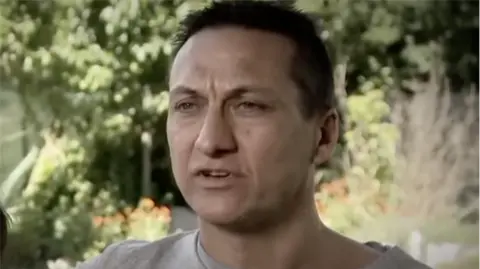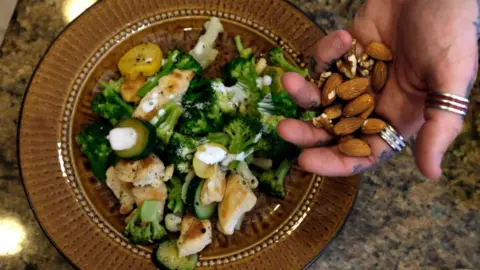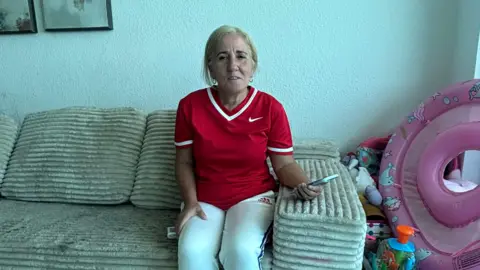The legal system has delivered a sentence of 14 years in prison to the parents of an eight-year-old girl, Elizabeth Struhs, who died after being denied insulin for nearly a week due to their adherence to religious beliefs. Diagnosed with type 1 diabetes in 2019, Elizabeth was required to receive daily insulin injections to manage her condition. Her parents, Jason and Elizabeth Struhs, were members of a religious sect called The Saints, which rejected conventional medical treatment, believing instead that prayer and faith in God would heal their daughter.
Elizabeth passed away from diabetic ketoacidosis—a severe complication resulting from untreated diabetes—at their home in Toowoomba, Queensland, in January 2022. The parents, alongside 13 other sect members, were convicted of manslaughter, having pleaded not guilty. During a trial that lasted several months, the court heard heartbreaking testimonies, including that of Elizabeth's sister Jayde Struhs, who testified against their parents and detailed the sect’s strict views on healthcare.
The leader of The Saints, Brendan Stevens, received a 13-year sentence, with additional members receiving sentences varying from six to nine years. Justice Martin Burns, while delivering the comprehensive verdict, highlighted the tragedy of Elizabeth’s suffering during her final days, during which she experienced vomiting and extreme lethargy due to the lack of medical intervention.
While the congregation prayed and sang for Elizabeth, believing in her potential resurrection, they ultimately did not seek medical assistance until 36 hours after her death—a decision that was repeatedly condemned during the trial. In a stark reflection on the deeply entrenched beliefs within the sect, Stevens referred to their conviction as an act of "religious persecution" and claimed their right to adhere to their faith.
The case has reignited discussions on the interplay between religious freedom and the responsibility to provide life-saving medical care, especially for children who cannot advocate for themselves. Type 1 diabetes is a serious health condition that requires careful management, and this tragic incident serves as a warning about the perils of combining faith with the rejection of modern medicine. Elizabeth's sister, who distanced herself from the sect after coming out as gay, has called attention to the restrictive and harmful practices within their community, where members are discouraged from engaging with mainstream medical systems.
Elizabeth passed away from diabetic ketoacidosis—a severe complication resulting from untreated diabetes—at their home in Toowoomba, Queensland, in January 2022. The parents, alongside 13 other sect members, were convicted of manslaughter, having pleaded not guilty. During a trial that lasted several months, the court heard heartbreaking testimonies, including that of Elizabeth's sister Jayde Struhs, who testified against their parents and detailed the sect’s strict views on healthcare.
The leader of The Saints, Brendan Stevens, received a 13-year sentence, with additional members receiving sentences varying from six to nine years. Justice Martin Burns, while delivering the comprehensive verdict, highlighted the tragedy of Elizabeth’s suffering during her final days, during which she experienced vomiting and extreme lethargy due to the lack of medical intervention.
While the congregation prayed and sang for Elizabeth, believing in her potential resurrection, they ultimately did not seek medical assistance until 36 hours after her death—a decision that was repeatedly condemned during the trial. In a stark reflection on the deeply entrenched beliefs within the sect, Stevens referred to their conviction as an act of "religious persecution" and claimed their right to adhere to their faith.
The case has reignited discussions on the interplay between religious freedom and the responsibility to provide life-saving medical care, especially for children who cannot advocate for themselves. Type 1 diabetes is a serious health condition that requires careful management, and this tragic incident serves as a warning about the perils of combining faith with the rejection of modern medicine. Elizabeth's sister, who distanced herself from the sect after coming out as gay, has called attention to the restrictive and harmful practices within their community, where members are discouraged from engaging with mainstream medical systems.



















